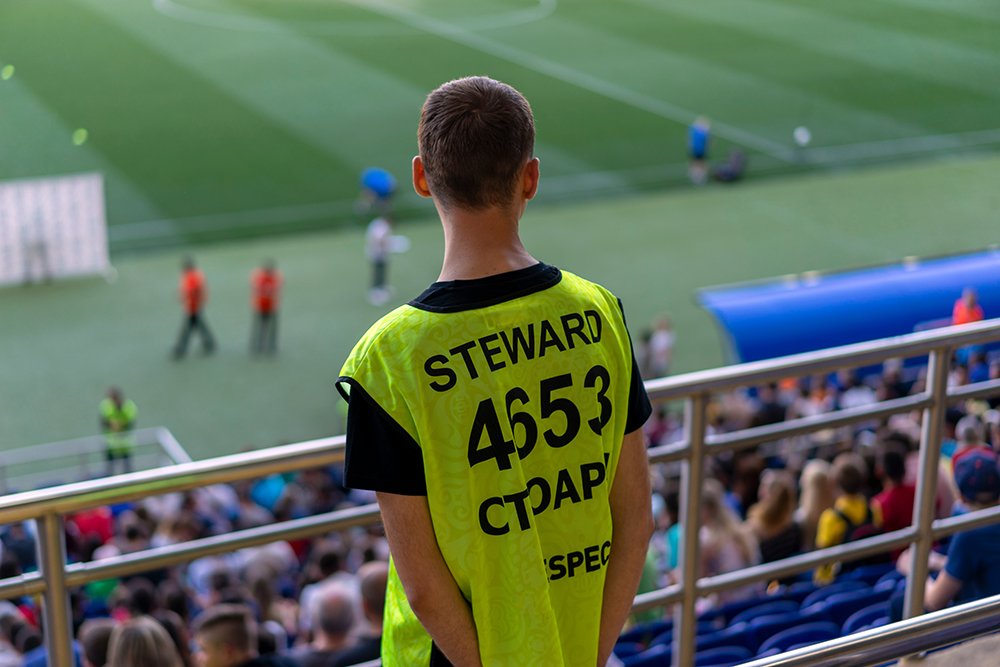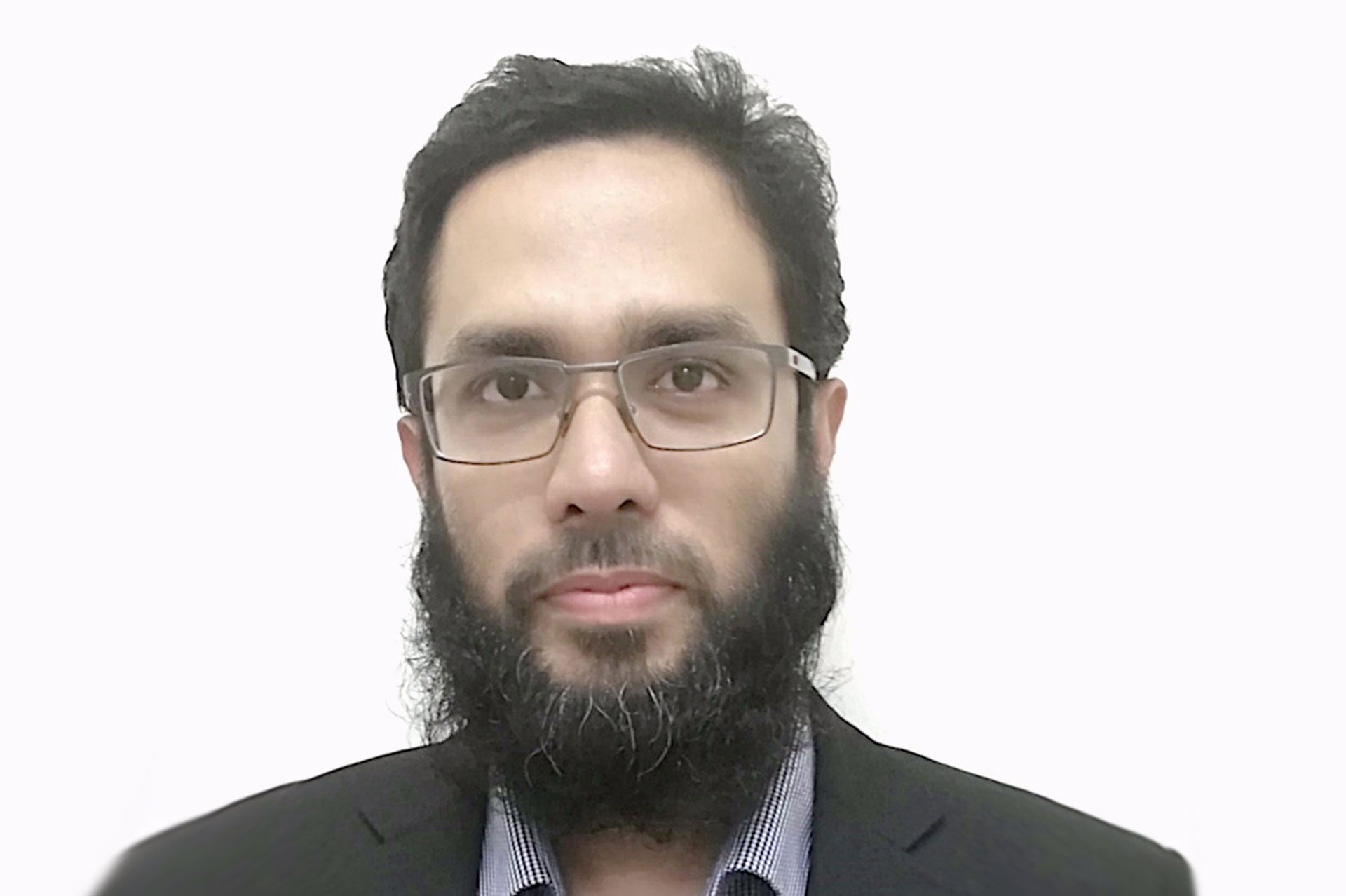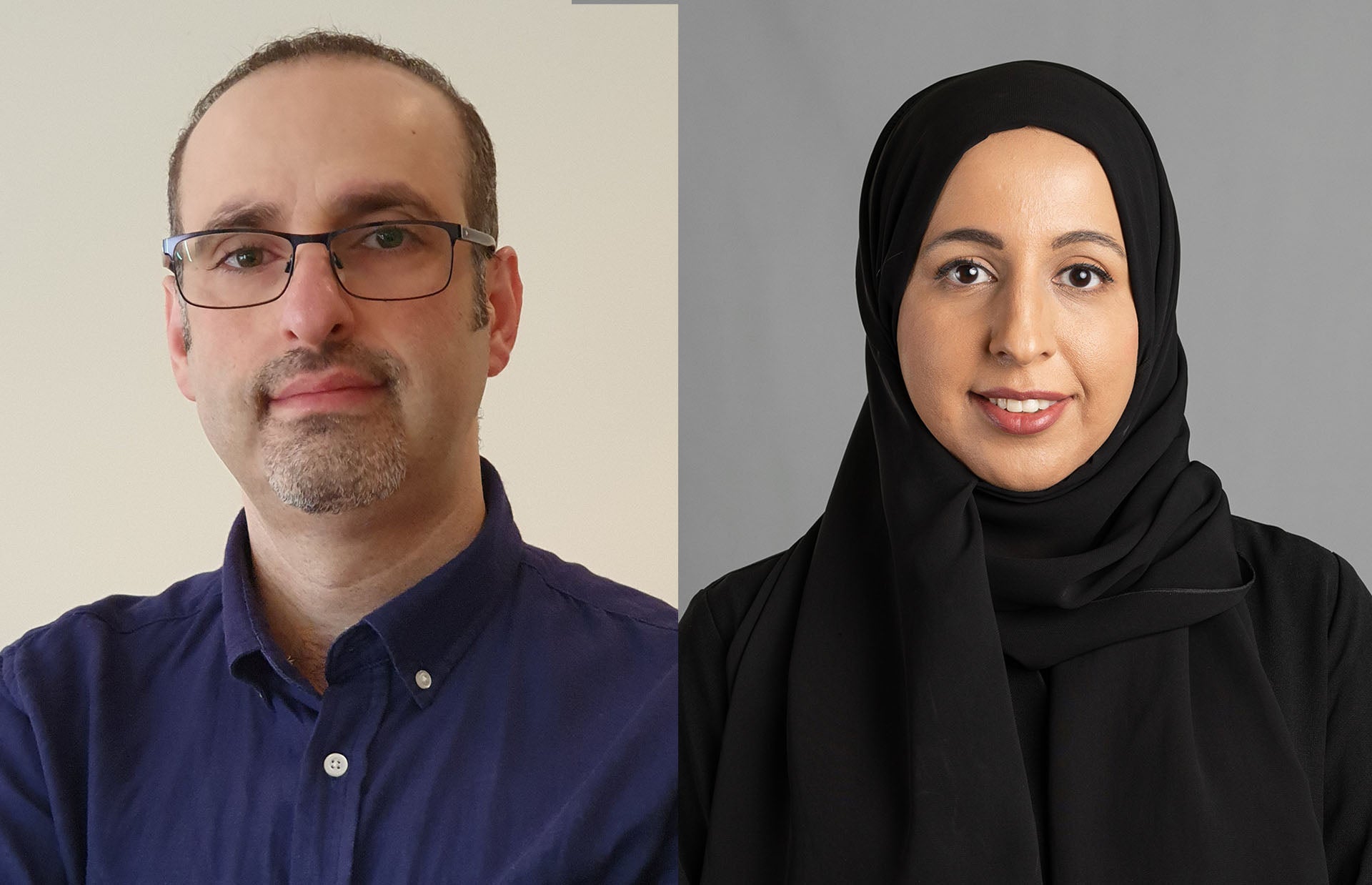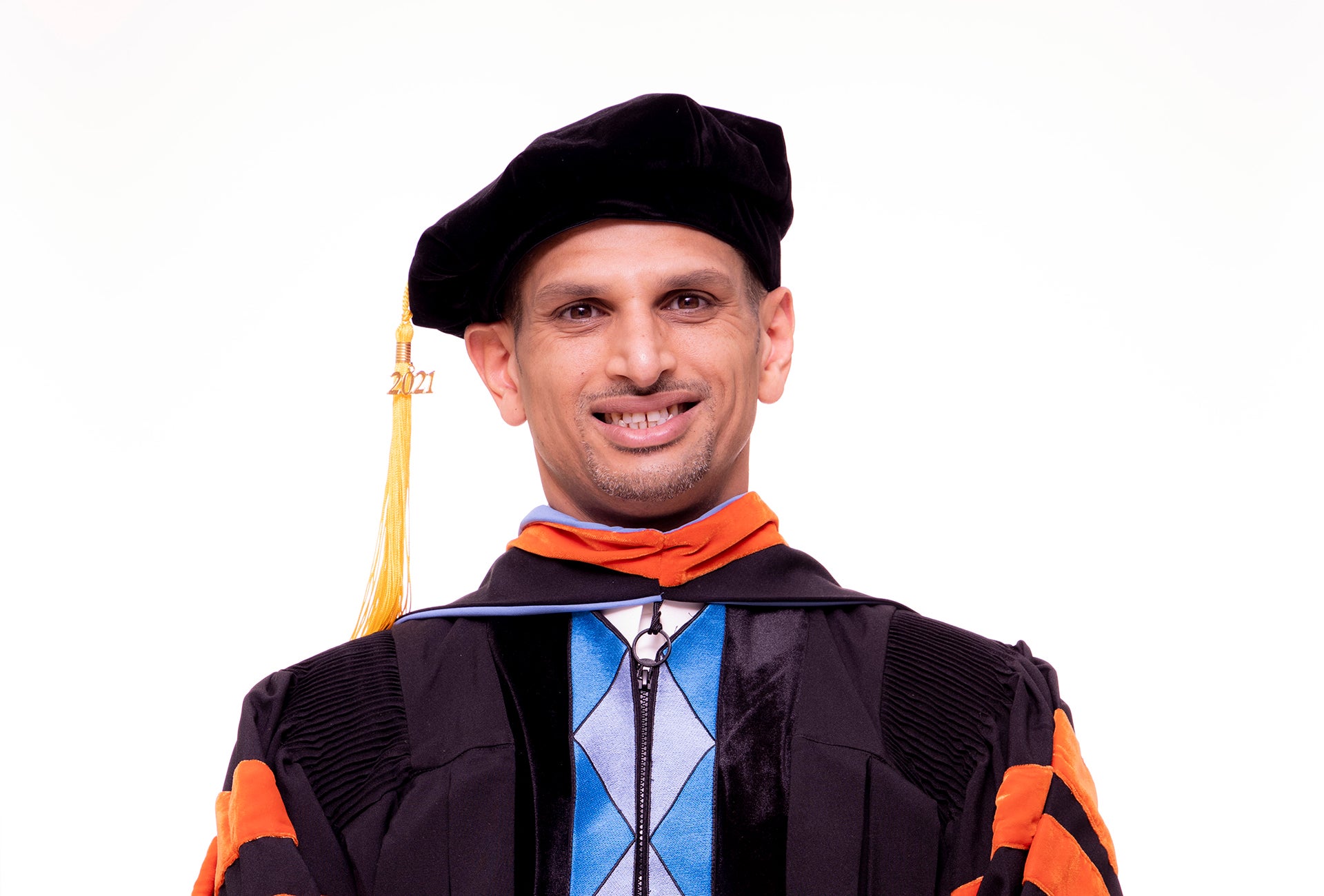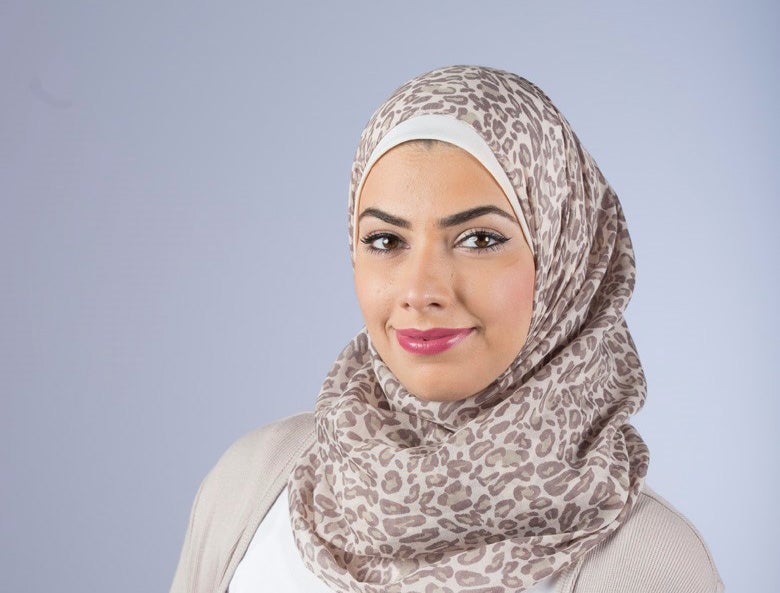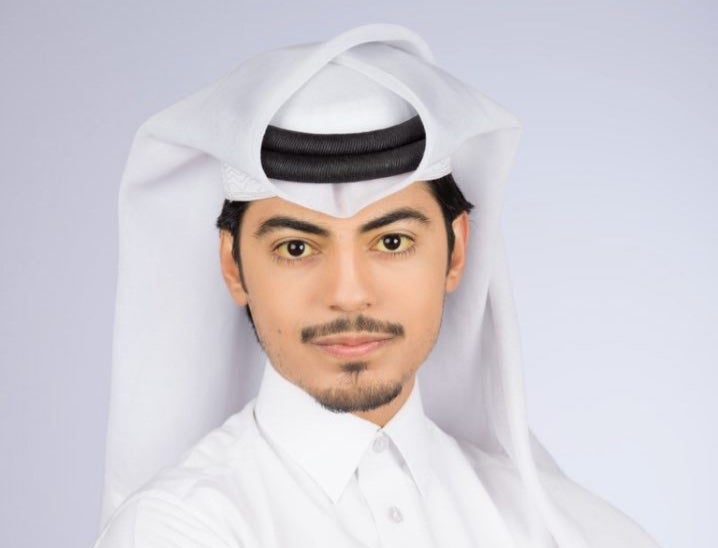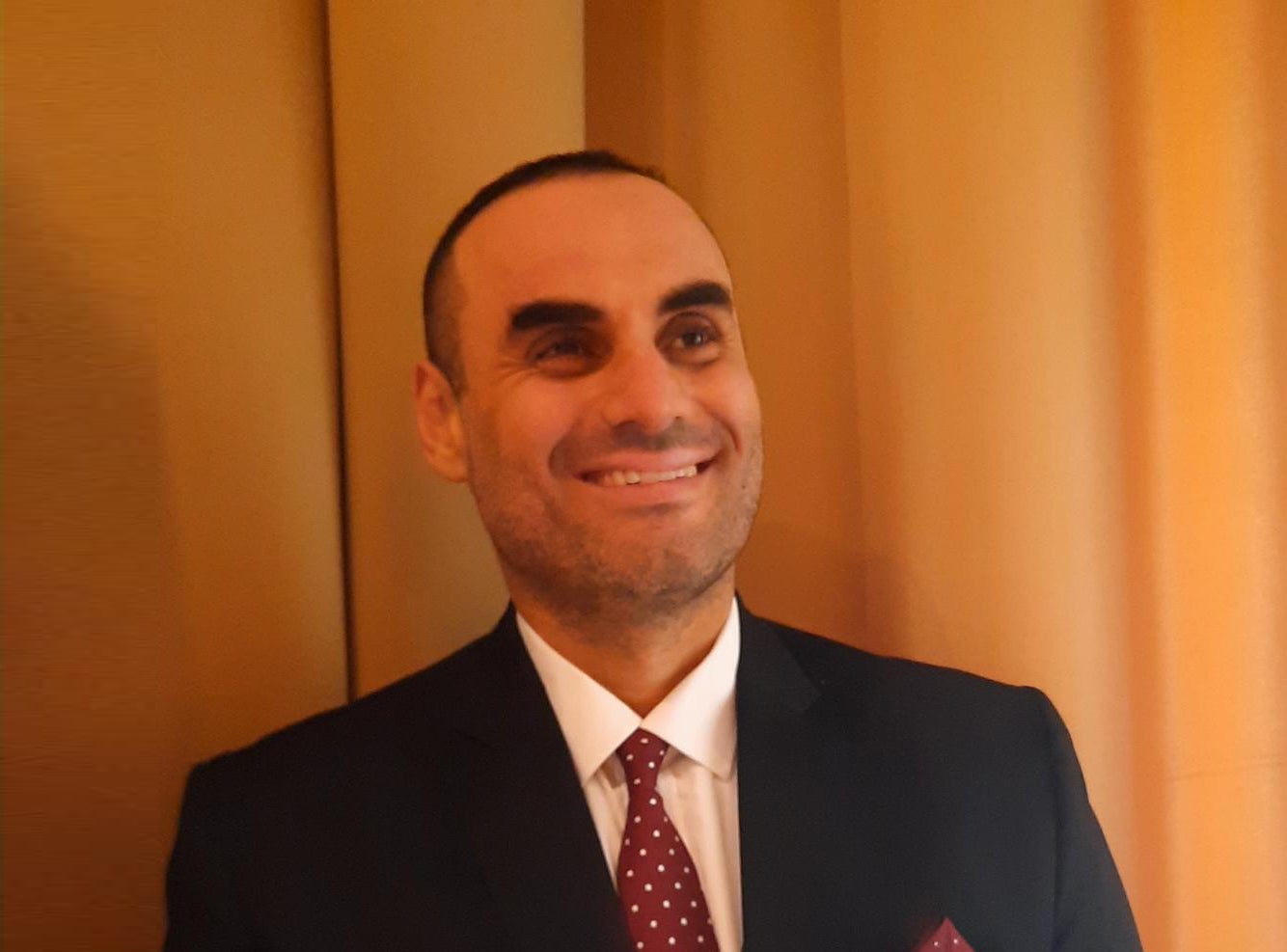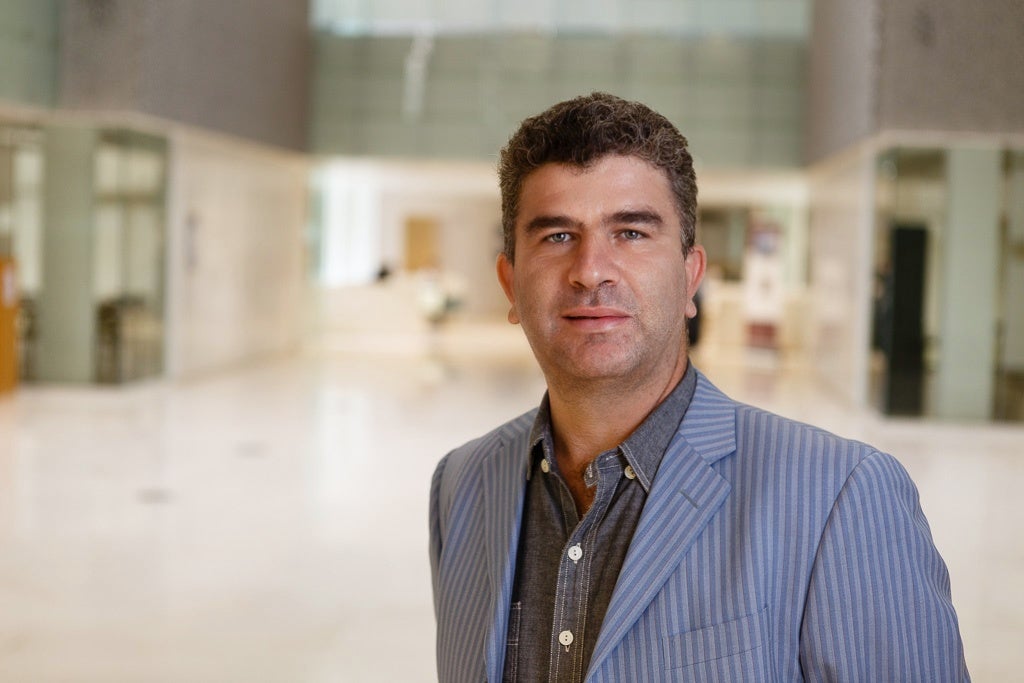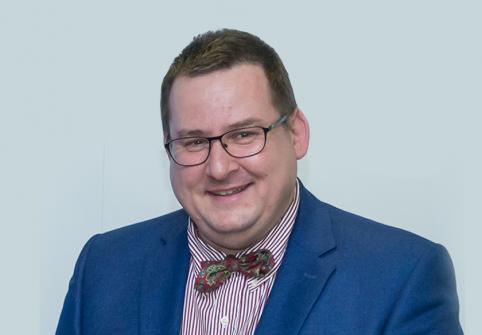24th St. Petersburg International Economic Forum (SPIEF)
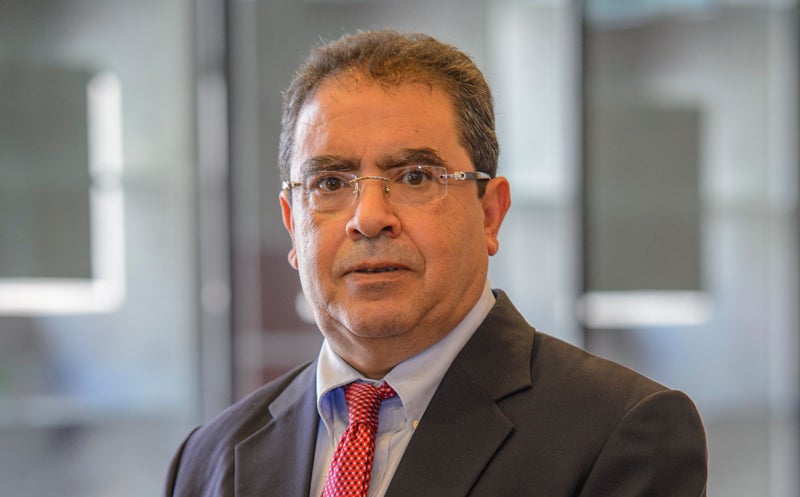
Please give us an overview of the sector you’re operating in.
At SPIEF this year, we are representing the education and research sector through our dynamic presence at the Qatar Foundation booth. The State of Qatar is intrinsically invested in education and research as it commits valuable resources to its flagship project and innovative hub, which is Education City. Within Education City, Hamad Bin Khalifa University’s (HBKU)’s College of Science and Engineering (CSE) works to unearth solutions for the nation’s most critical challenges. We operate self-driven and pioneering programs across the areas of sustainable development, information and computing technologies, and engineering management and decision sciences.
Across our activities at the college, we have found that multidisciplinary education and research are key to the advancement of various fields that enable nations to respond and address challenges – including those posed by the pandemic – more proactively. The advanced research and conducive environment we present at the college enable us to tackle global health issues from a multidimensional and multi-layered perspective.
What have you found through your studies on the pandemic?
Throughout our studies during the pandemic, we have found an integrated connection between research, technology, medicine, management, and even politics – all factors that have contributed significantly in some countries to a reduction in death rates of up to 30 percent across continents.
We were the first in Qatar to pioneer a cutting-edge social media analytics study to gauge sentiment and global concerns about the pandemic. We analyzed more than one million tweets in the first phase of our research work to understand the global population’s biggest fears and trepidations. The results are both accessible and beneficial to policymakers and heads of state everywhere.
Our artificial intelligence (AI) group has led exciting work around potential COVID-19 drug discoveries, uncovering 14 high-confidence microRNAs (miRNAs) and binding sites that could assist in the worldwide pursuit of COVID-19 medicinal cures. Our sensor research resulted in designing novel smart masks, and our robotics group designed intelligent robots for disinfection as well as inspection related to COVID-19. This is in addition to other research efforts that generated more than 30 research papers presenting solutions to the many challenges of COVID-19.
The college’s work further examined privacy-preserving contact tracing; COVID-19 screening utilizing advanced diagnostic AI technologies; and smart devices. Our work addressed the need for “good habits” or COVID-19 public behavior etiquette, and we have led projects to reward self-quarantining or to advise smartphone users of potential consequences to their non-compliant behaviors.
Further, we looked into the potential effects of the lockdown on the mental health of children by developing an application to recognize emotion through children’s paintings (ESRA).
To accelerate COVID-19 research, we have also compiled and managed an exhaustive database, which received significant recognition from the international research community. Our faculty and experts are constantly engaging in international fora in their contribution to the worldwide discourse about the pandemic, its effects, and mitigation mechanisms. We have very recently taken part in SPIEF 2021, debating with like-minded experts, posing critical questions, and leveraging a plethora of opportunities to connect with others. Among our most notable achievements were a number of agreements and panel discussions to solidify Russian ties and drive forward our economies.
Tell us about any important partnerships the college is engaged in, and their contribution to the economy.
We have a long-standing technological partnership with several companies and ministries to advance Qatar’s public and private sectors and align with its ambitious developmental plans.
As Qatar looks to transform itself into a knowledge-based economy in line with its National Vision 2030, it is prioritizing investments in ICT infrastructure and sustainable development to fuel its next phase of growth, and we intend to play a key role in these areas. Qatar’s government has prudently made the development of its ICT sector a top-level priority through its ICT Strategy 2015-2019, and this has vastly transformed the country into one of the leading economies in the region.
More recently, we have signed an agreement with Hassad Food in support of the country’s agribusiness sector. This partnership was important in ensuring the digitalization of agricultural processes and backing the industry as it expands its capabilities to implement innovative solutions and maintain food security.
We have also partnered with Gulf Warehousing Company to boost our logistics and supply chain areas of specialization and offerings. We hope that these partnerships will contribute to Qatar’s economic advancement over the next few years.
What are your future plans for your college?
We are fortunate to benefit from our unique position within HBKU – a homegrown institution that is charged with a clear vision and ambition. We are always looking at ways to develop our curricula and believe that the pandemic has been an important accelerator of this target. Not only did our students have the opportunity to work more closely with the technology, but they have contributed in many ways to the co-creation of a cohesive and seamless IT-driven learning environment. Throughout the pandemic, our students were not mere recipients, but have proven themselves to be decisive players in the educational ecosystem.
We hope to continue to expand our offerings and celebrate a growing number of graduating cohorts. Our students are change-makers who are ready to leave their footprint in the world, and through our work at the college, we are supporting them every step of the way.







